3 Sep – 8 Dec 2024
Walter C. Koerner Library, 1958 Main Mall, UBC
Koerner Library: Kelly Wood
-
Kelly Wood
ArtistKelly Wood (Canadian, b. 1962) is a photographer and practicing artist whose research focuses on subjects that relate to the environmental impact of waste accumulation, waste economies and all forms of visible and invisible pollution. Wood is an associate professor in visual arts and photography at the University of Waterloo. She holds a diploma from Emily Carr University and an MFA from the University of British Columbia. Wood has written about Vancouver photography for international publications such as History of Photography and Philosophy of Photography in the UK. She has been committed to the subject of waste in the environment as a visual problem for an extensive period of time; her photographs of local and other garbage forms now reside in major national and international museum collections and are included in the monograph of her photography, The Vancouver Carts (Black Dog, 2016). Wood is a member of the research organization The Synthetic Collective.
Read More
Part of the exhibition An Opulence of Squander curated by Weiyi Chang, Kelly Wood’s Half Empty Bag and White Garbage (both 1997) were precursors to Wood’s durational Continuous Garbage Project (1998-2003), during which the artist photographed her domestic waste production over a five-year period. The subject of garbage has been central to Wood’s photographic practice since the late nineties, serving as a metonym through which she engages topics such as environmental degradation, consumerism and the excesses of capitalism. Both Half Empty Bag and White Garbage draw attention to the ubiquitous plastic bag, a quotidian object that has become a target of environmental policies. Wood’s framing of the plastic bag removes it from its familiar domestic and consumer contexts, transforming it into an abnormal object; this sense of estrangement is heightened by the unknowability of its contents. Like the other works in An Opulence of Squander, Wood’s photographs also engage with the notion that art making is inherently an excessive undertaking, attesting to the artist’s enduring commitment to issues of environmentalism and pollution.
This presentation of work by Kelly Wood is a collaboration with the Walter C. Koerner Library made possible by the generous support of the Audain Foundation. Art in the Library offers new perspectives on contemporary art by presenting art that challenges our perceptions about the world around us.
Image (above): Kelly Wood, White Garbage, 1997. Collection of the Morris and Helen Belkin Art Gallery, anonymous gift, 2005
-
Kelly Wood
ArtistKelly Wood (Canadian, b. 1962) is a photographer and practicing artist whose research focuses on subjects that relate to the environmental impact of waste accumulation, waste economies and all forms of visible and invisible pollution. Wood is an associate professor in visual arts and photography at the University of Waterloo. She holds a diploma from Emily Carr University and an MFA from the University of British Columbia. Wood has written about Vancouver photography for international publications such as History of Photography and Philosophy of Photography in the UK. She has been committed to the subject of waste in the environment as a visual problem for an extensive period of time; her photographs of local and other garbage forms now reside in major national and international museum collections and are included in the monograph of her photography, The Vancouver Carts (Black Dog, 2016). Wood is a member of the research organization The Synthetic Collective.
Read More
Related
-
Exhibition
21 March 2003 – 11 May 2003
Kelly Wood: Continuous Garbage Project 1998-2003
The exhibition of Kelly Wood’s The Continuous Garbage Project marks the completion of a long project. For five years, since Vancouver’s garbage workers’ strike in spring 1998 and concluding the week before the opening of this exhibition in 2003, Wood photographed her own garbage. The waste from Wood’s Vancouver home was neatly packaged and photographed against a studio backdrop, while the waste documented on her travels shows the objects wrapped or unwrapped in their immediate surroundings.
[more] -
Exhibition
3 Sep – 8 Dec 2024
An Opulence of Squander

Weiyi Chang's curatorial research into ecological methodologies in contemporary art inform her exhibition An Opulence of Squander. The group exhibition features artworks from the Belkin's collection and beyond that critique the imperative for growth at all costs, growth that has contributed to our collective ecological and social conundrum.
[more] -
Exhibition
3 Sep – 8 Dec 2024
That Directionless Light of the Future: Rediscovering Russell FitzGerald

Jon Davies's work as a writer and curator is grounded in contemporary art, cinema and queer studies. His exhibition That Directionless Light of the Future features rarely seen works by American artist and writer Russell FitzGerald (1932-78) and his contemporaries, largely from the Bay Area, to explore how secret and subcultural knowledge complicates archiving and transmission.
[more] -
Exhibition
3 Sep – 8 Dec 2024
Outdoor Screen: Soft Turns

As part of the exhibition An Opulence of Squander, Soft Turns' ematerial (2019) plays on the Outdoor Screen from 9 am to 9 pm daily.
[more] -
Event
Tuesday, 10 Sept 2024 at 12:30 pm with Soft Turns
Tuesday, 8 Oct 2024 at 12:30 pm with Lisa Myers
Tuesday, 5 Nov 2024 at 12:30 pm with Camille Georgeson-Usher
Conversation Series: Of Other Earths
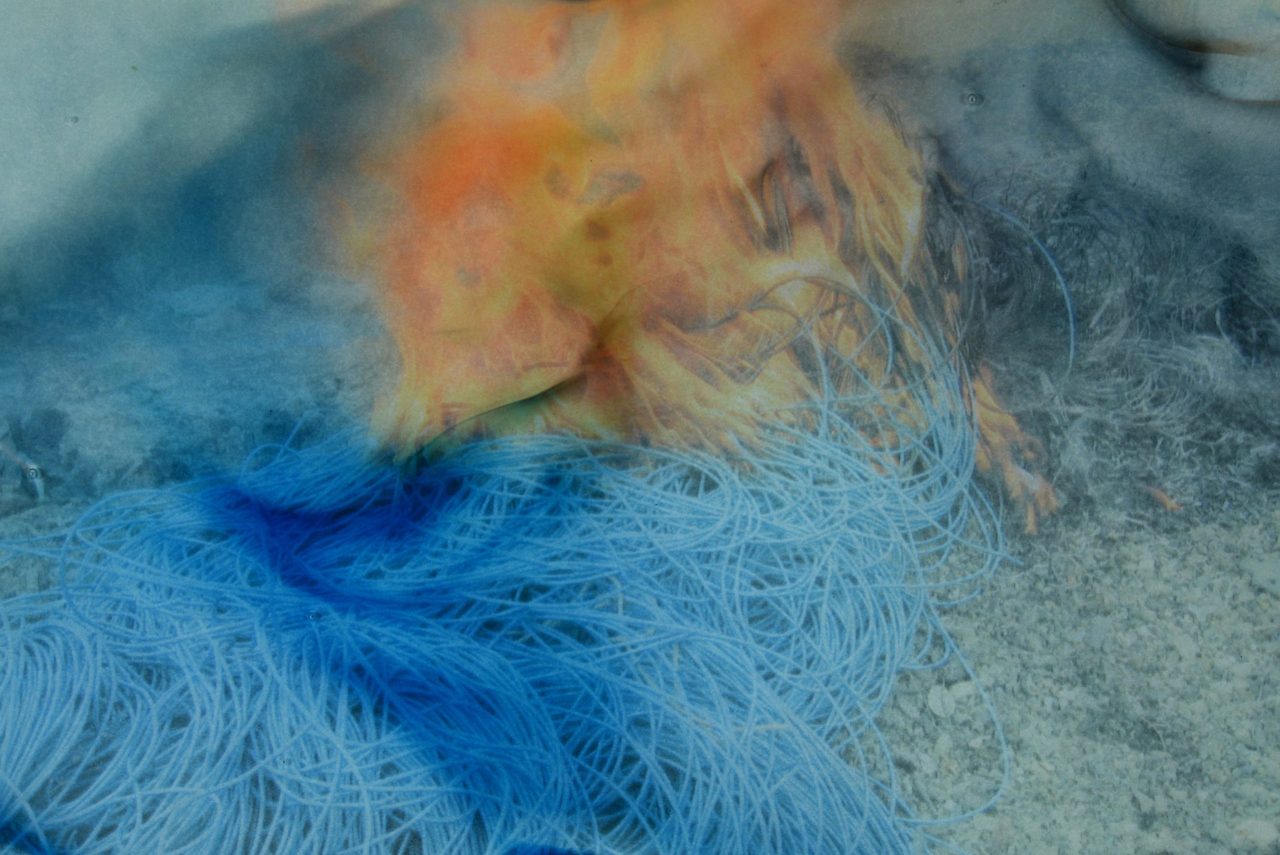
Join us for an online monthly three-part conversation series hosted by curator Weiyi Chang. In each session she will engage an artist or scholar about their work in the context of one of the provocations running through the exhibition An Opulence of Squander.
[more] -
News
21 Aug 2024
Reading Room: An Opulence of Squander
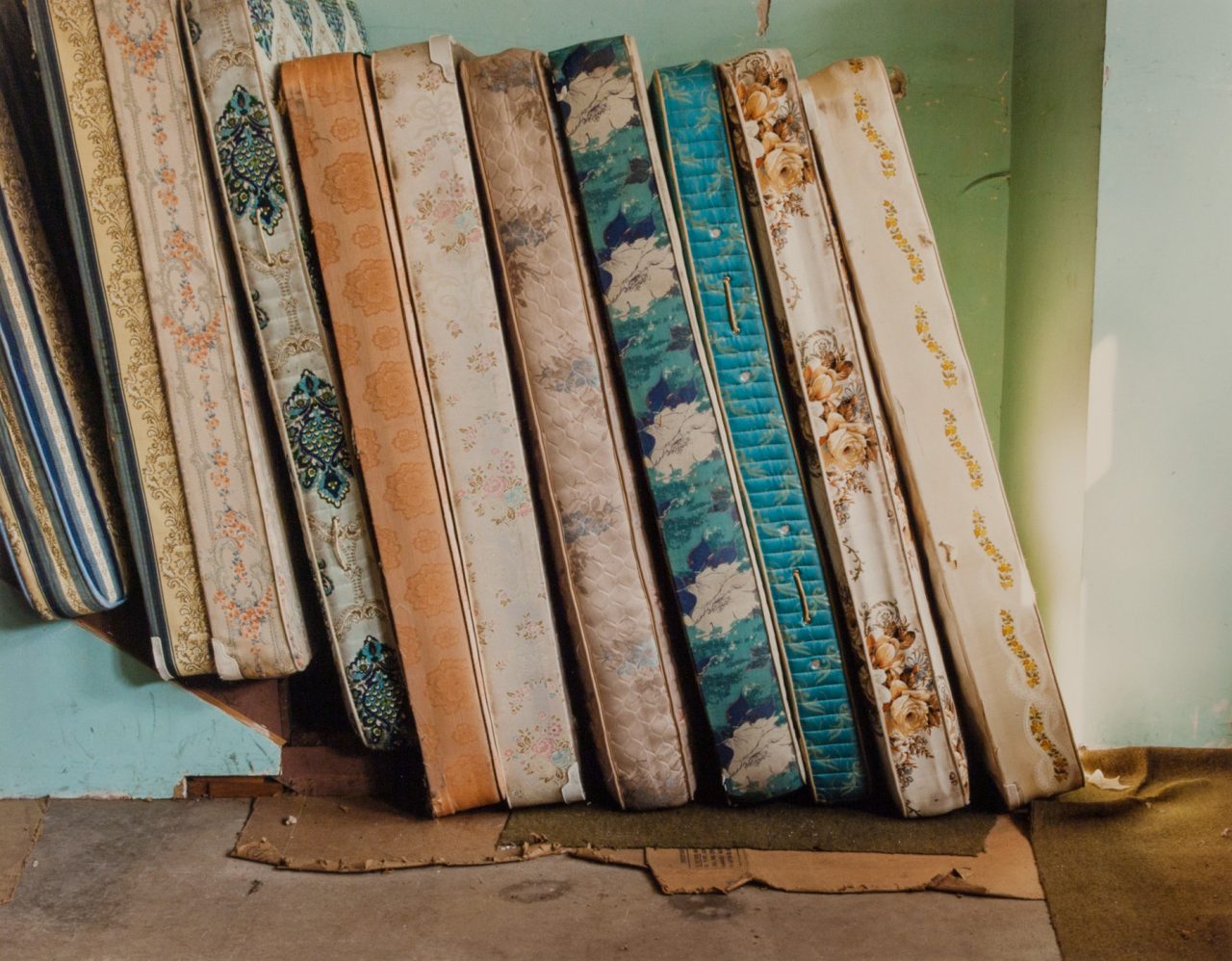
Curated by Weiyi Chang, An Opulence of Squander brings together works from the Belkin’s collection and archive with artists that consider concepts of surplus and excess to question the dual ascription of artistic work as a form of both luxury and waste. This reading room offers resources relating to the themes and artists present in this exhibition.
[more] -
Event
Friday, 22 Nov 2024 at 3 pm
Symposium: Difficult Kinship
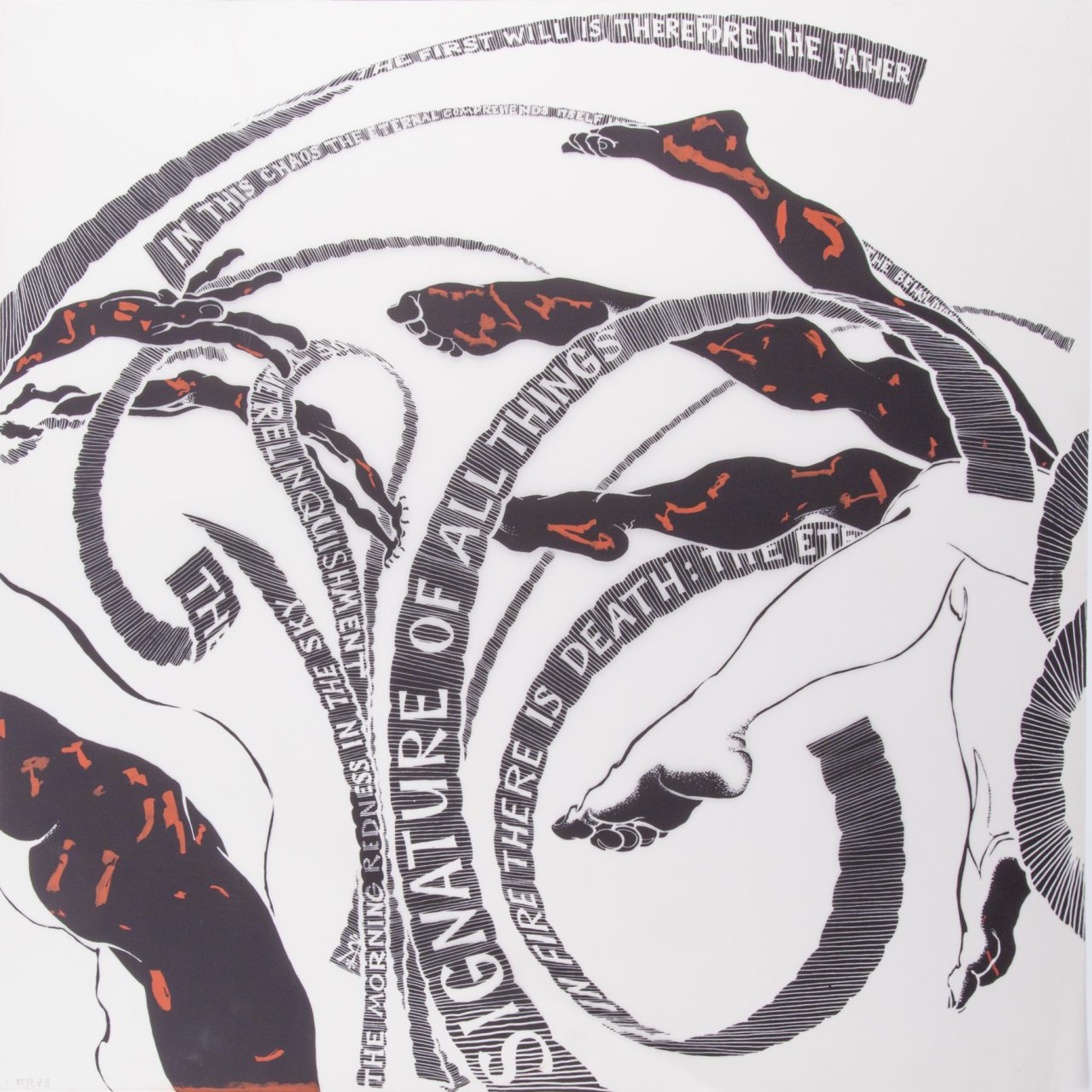
Join us for an afternoon symposium responding to That Directionless Light of the Future: Rediscovering Russell FitzGerald, an exhibition which grapples with a difficult and overlooked figure, exploring how the most idiosyncratic artists can crack open familiar historical narratives.
[more] -
Event
Wednesday, 4 Dec 2024 at 2 pm
Concert at the Belkin: Fall Exhibitions
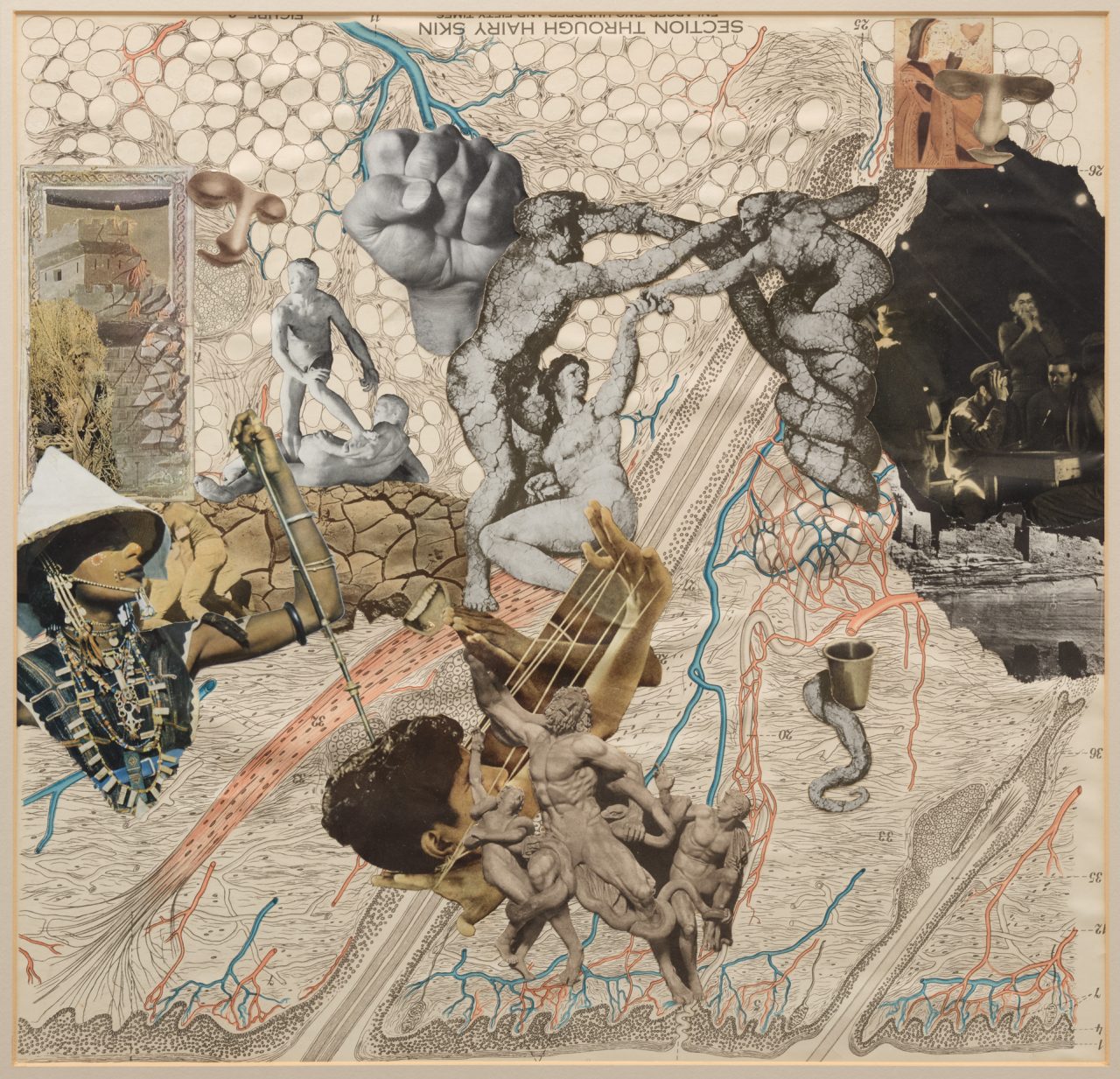
We are pleased to welcome back the UBC Contemporary Players to the Belkin for a concert inspired by the current exhibitions: That Directionless Light of the Future: Rediscovering Russell FitzGerald and An Opulence of Squander.
[more] -
News
21 Aug 2024
Reading Room: That Directionless Light of the Future: Rediscovering Russell FitzGerald
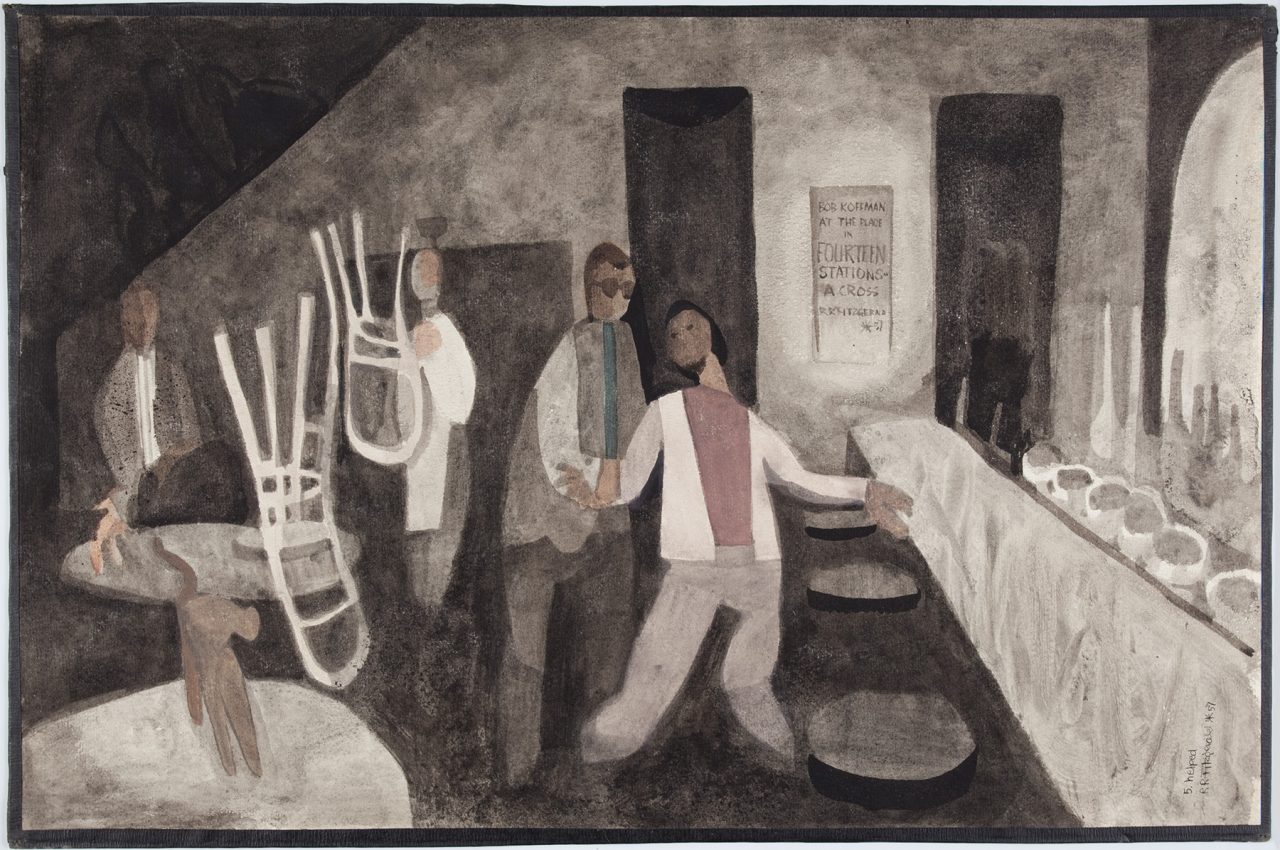
Curated by Jon Davies, That Directionless Light of the Future: Rediscovering Russell FitzGerald features rarely seen works by American artist and writer Russell FitzGerald (1932-78) and his contemporaries, largely from the Bay Area, to explore how secret and subcultural knowledge complicates archiving and transmission. This reading room offers resources relating to the themes and artists present in this exhibition.
[more]